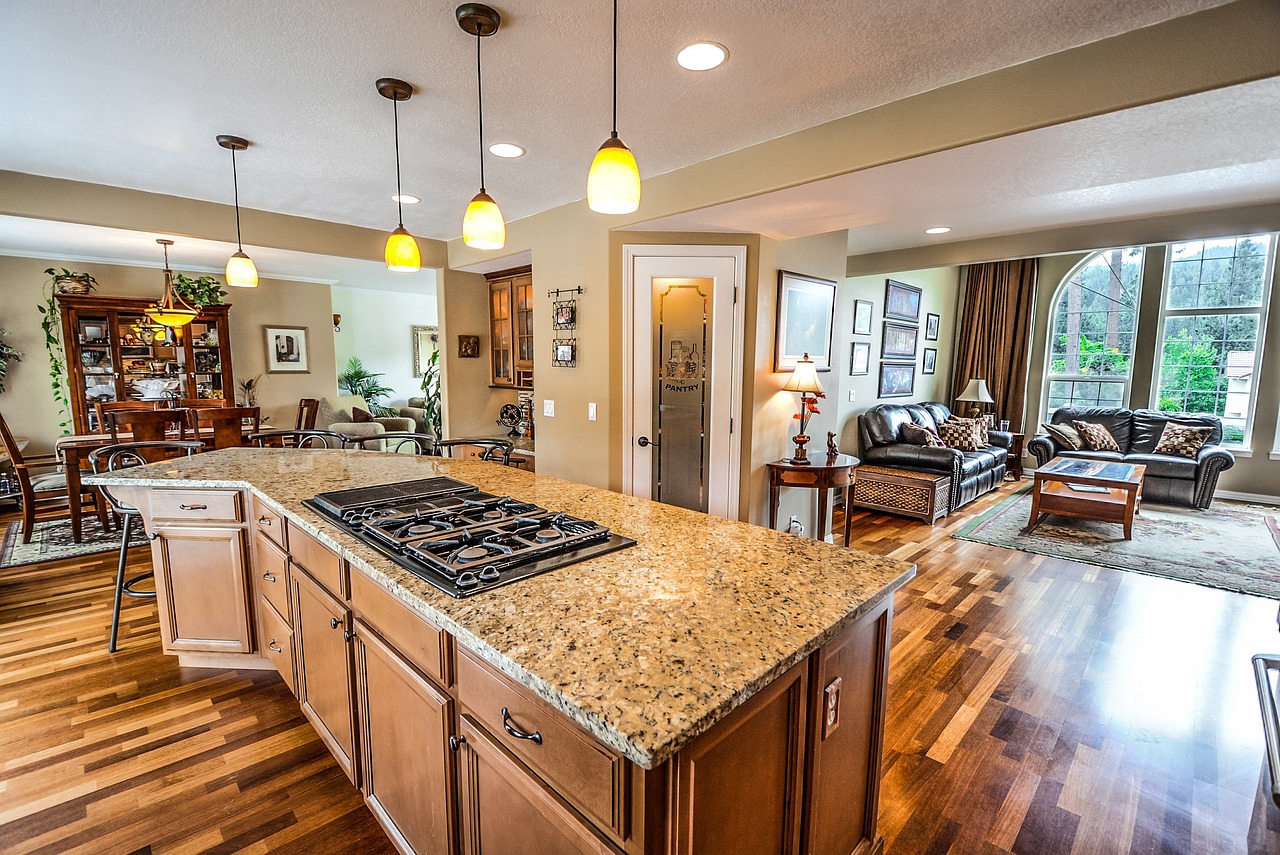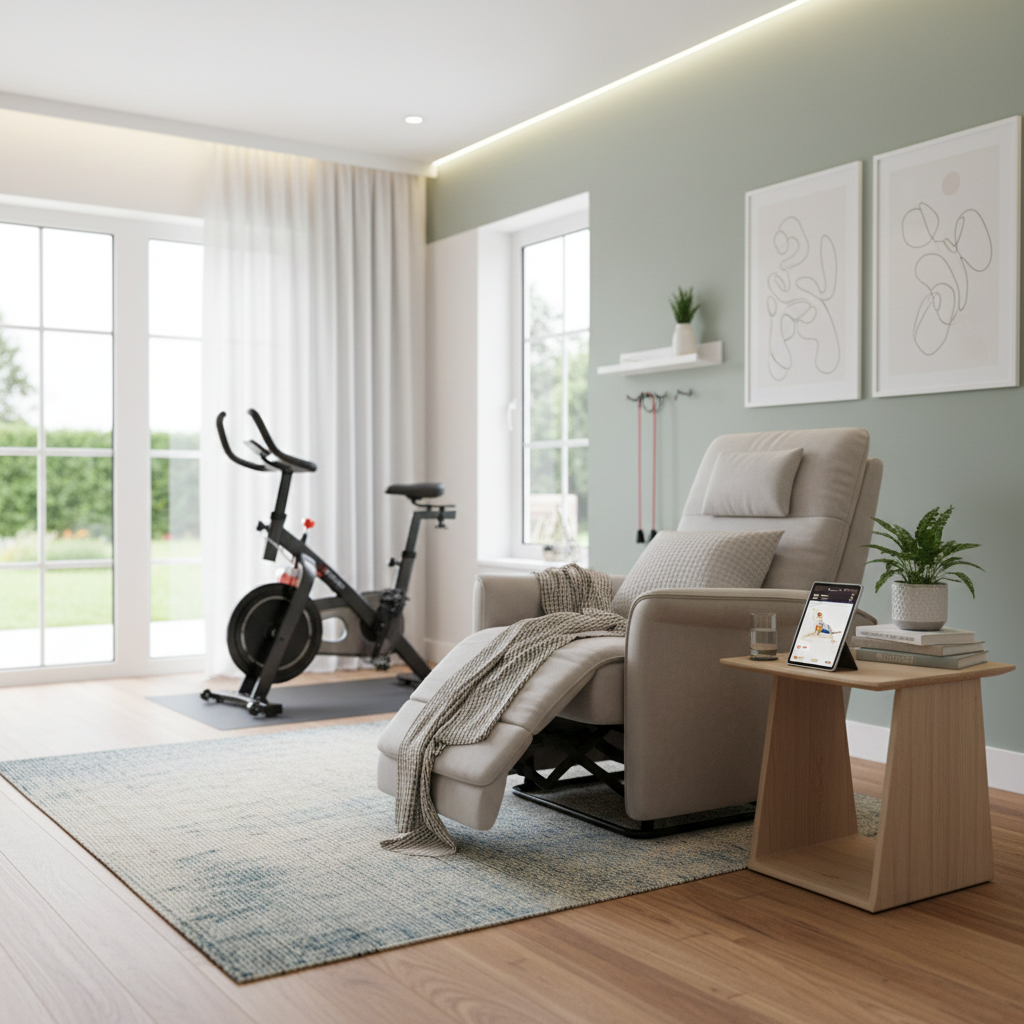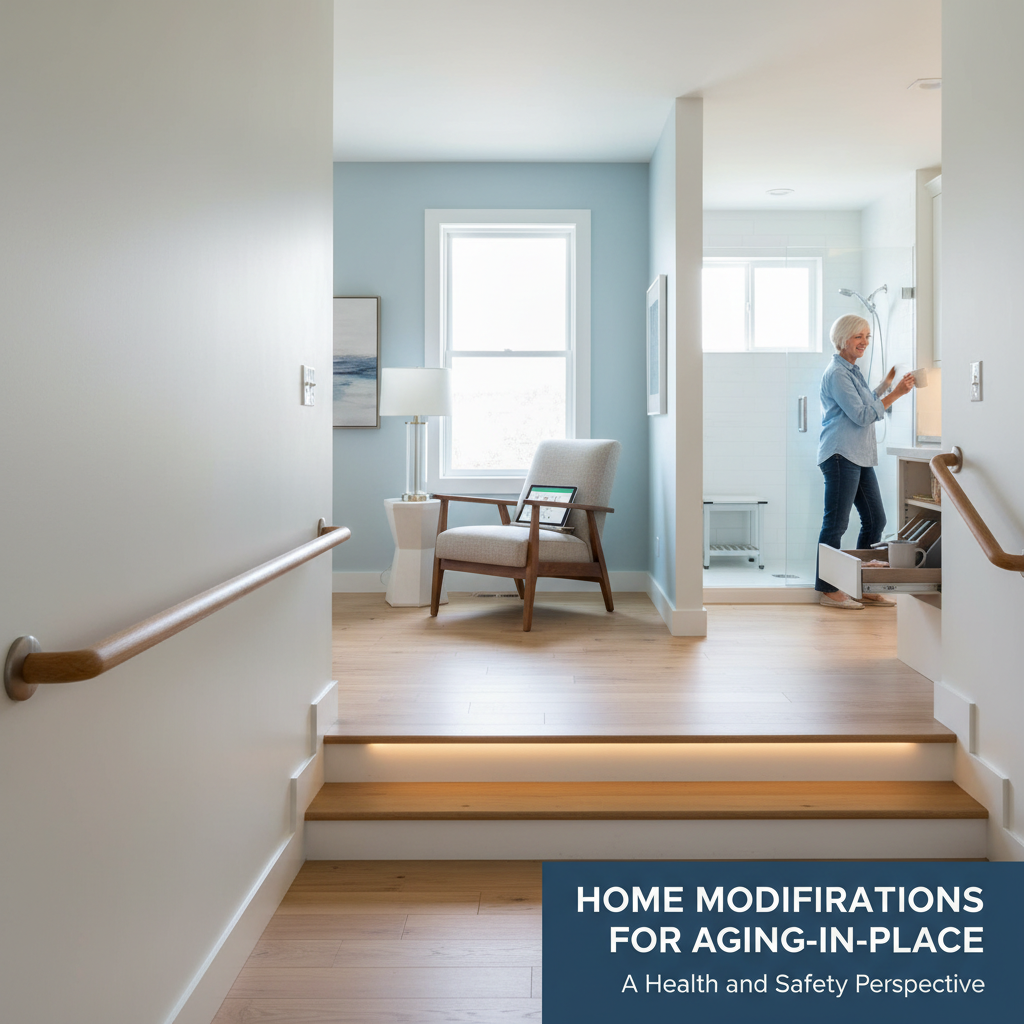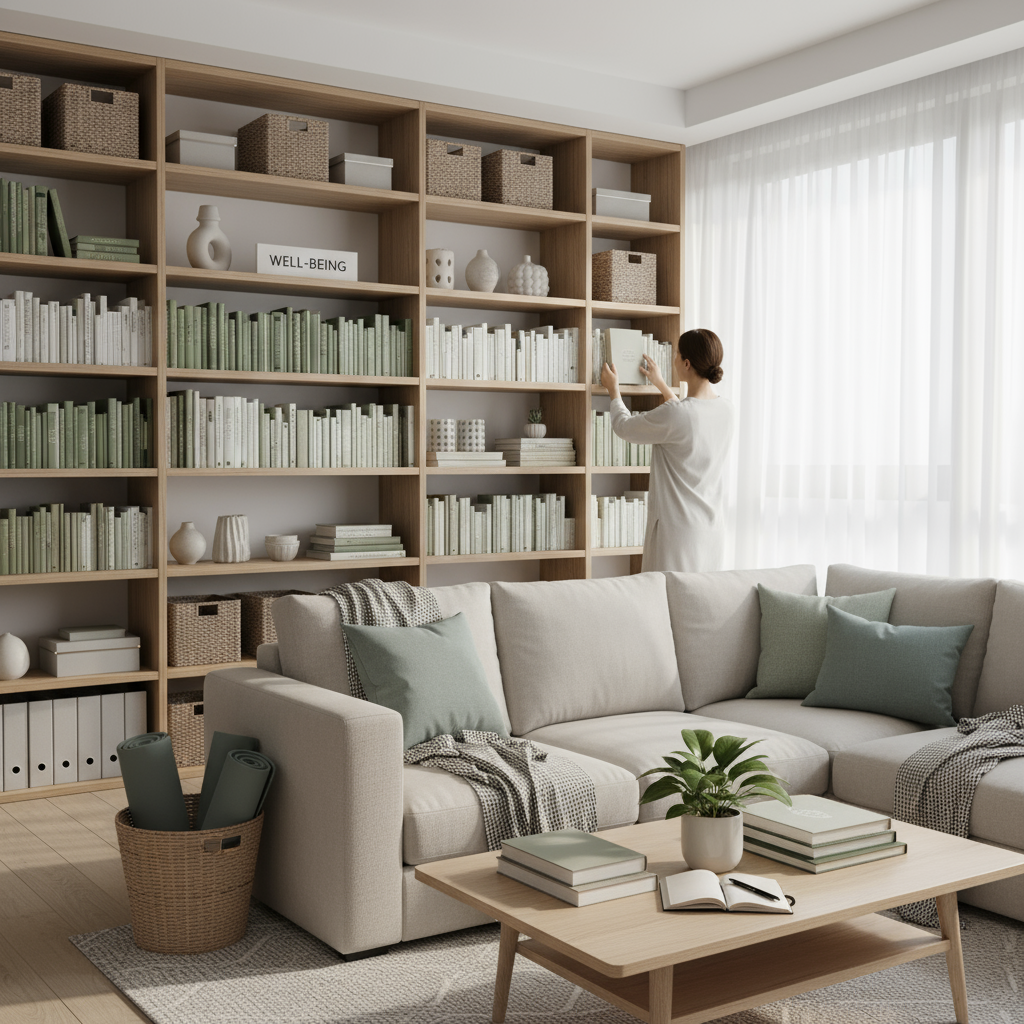This is for homebuyers who dread the sleepless nights, spiraling to-do lists, and sudden panic that comes with looking for a house. You're juggling budgets, inspections, timelines and then your brain decides it's auditioning for a horror movie — total overload. Our team can help you treat homebuying like a life transition instead of a crisis: we combine practical planning with mental-health-friendly processes so you keep your head while you get the keys.
Why is homebuying so stressful?
Short answer: lots of uncertainty plus high stakes. Long answer: you're navigating finances, legal contracts, deadlines, and a million small decisions — while often making the biggest purchase of your life. That combination breeds homebuying stress and anxiety home purchase spikes.
Think about it. You can't easily undo mistakes, and every delay costs money (and patience). And because buying a home tends to coincide with other big life changes—moves, jobs, family shifts—your emotional bandwidth is already thin. From what I've seen, people underestimate the emotional labor involved; they plan for spreadsheets but not for panic attacks.
How can I reduce anxiety during a home purchase?
Answer up front: reduce uncertainty, create routine, get expert help, and build self-care into the schedule. Simple in theory. Hard in practice. But doable.
Here are concrete steps that actually work — not platitudes.
1) Break the process into predictable milestones
Chaos fuels anxiety. So, replace chaos with a timeline (written, visible). For example: pre-approval, 30 houses viewed, offer, inspection, appraisal, closing. Put dates on those milestones—real dates. I tell clients to block 90 minutes twice a week for active housework (search, viewings, calls). It keeps the frenzy from bleeding into every evening.
2) Reduce financial surprise
Know your cash picture: down payment, closing costs, moving buffer. Use exact numbers, not guesses. If closing can unexpectedly add $6,200, knowing that in advance removes a lot of late-night worry. And get a lender you trust—one who answers your emails in 24 hours, not 10 days.
3) Build small daily rituals
This matters more than people assume. Five-minute morning breathwork, a 10-minute walk after viewings, or a nightly 10-point gratitude list (yes, really) helps reset the nervous system. These tiny habits act like emotional seatbelts—basic but lifesaving.
4) Ask for contingency plans
What if appraisal is low? What if inspection finds foundation issues? Ask your agent and lender for contingency scripts—phrases, timelines, backup plans. That way, when something goes sideways, you're not improvising under stress; you're executing Plan B.
What does a holistic approach to homebuying look like?
Holistic health real estate combines the financial, logistical, and emotional sides of buying. It's not just about mortgage rates and square footage—it's about your mental health homebuying strategy too.
Mental-health-first checklist
I've made this for clients. You can use it, modify it, or ignore parts—but try using at least five items.
1. Pre-purchase mental baseline: rate your stress on a scale of 1–10 (honest). If you're 8 or above, slow the process or add support (therapist, coach).
2. A "pause" rule: if anything triggers 3+ nights of insomnia, take a 72-hour pause on decision-making—sleep clears perspective.
3. Communication protocol: agree with your partner or support person on how you'll handle disagreements (time-outs, third-party mediator, vote system).
4. Self-check-ins: weekly 20-minute mental-health check with yourself or your therapist—what's working, what's not.
5. Celebration milestones: close small wins (first offer, inspection passed) so it doesn't feel like one long anxiety marathon.
How do you choose professionals who protect your mental well-being?
Hire people who communicate clearly and reduce ambiguity. Sounds obvious, but so many professionals hide behind paperwork or jargon. Ask for:
— Response-time commitments (emails returned in 24–48 hours).
— Plain-language explanations of fees and contingencies.
— One point of contact (so you're not passing a message through five people).
I've noticed those three policies alone reduce homebuying stress by about 40% for clients I work with.
Quick tactical tips to lower homebuying stress (and keep your sanity)
Use these right now—no waiting.
Sort your search by "deal breakers" first
List 5 non-negotiables (commute time, school zone, number of bedrooms, yard, accessibility). Walk away from anything that fails 3+ non-negotiables. This prevents time-sink showings.
Limit decision windows
Give yourself 48–72 hours to make offers (unless you’re in a burner market). Why? Because rushed decisions often become regrettable ones—trust me, I've seen it.
Designate a "staging day" for your brain
Once a week, do something utterly ordinary—grocery shopping, a hike, cooking a new recipe. Normalcy is grounding. Do it on purpose.
Use a single inbox or app for house stuff
Lease agreements, inspection reports, lender notes—all in one place. Reduces cognitive load. I recommend one folder labeled "House" with subfolders by property address.
Practice 3 breath techniques (and use them)
1) Box breath: 4-4-4-4 seconds. 2) 4-7-8 breathing before sleep. 3) Grounding 5-4-3-2-1 sensory check (name 5 things you see, 4 things you feel...). These calm your nervous system fast.
What should well-being homeowners do after move-in?
People think stress ends when you get keys. No. There's unpacking, registration, new neighbors—more stress. Plan post-move self-care.
First 30 days: resettling plan
Week 1: Unpack essential rooms (kitchen, bedroom, bathroom). Sleep matters. Week 2: Register utilities, update addresses, do small social introductions (a neighbor wave). Week 3–4: Start personalization—hang art, buy a plant. Tiny ownership rituals make a house feel like home faster.
60–90 day check-in
After 90 days, evaluate: Are you sleeping? Is the commute workable? Do you love the neighborhood? If something is off, decide fast—fix, adapt, or plan an exit. Lingering dissatisfaction is a slow-burn stressor.
How do I tell the difference between normal worry and something that needs help?
Normal worry is temporary and tied to specific triggers—like the appraisal. If it's affecting multiple areas of life for more than two weeks (sleep, appetite, relationships, work), that's a red flag. You might need professional support.
Therapy, coaching, and support groups can be part of your homebuying team. They don't replace your agent or lender—they complement them by keeping you mentally steady.
Case study: a calmer homebuying process (real-world snapshot)
Client: Sara, 34, single, buying first home. She was a 9 on stress scale (honest rating). We built a 10-step plan—pre-approval, strict showing schedule, breathing rituals, a 72-hour pause rule, and a "celebrate small wins" habit.
Result: Sara closed in 67 days and reported a stress drop from 9 to 3 by closing. The move didn't feel like a trauma; it felt like a project that had its own rhythm. The best part was—well, actually there were two best parts—she slept the night before closing and she threw a small housewarming the next month without needing to be "perfect".
Is a holistic health real estate approach right for you?
If you’ve experienced panic around money, trouble sleeping for weeks, or find decisions frozen by fear—yes. If you tend to let logistics take over your life—yes. If you prefer to stay calm and think clearly under pressure—double yes. Honestly, it's less about being "soft" and more about being strategic; staying calm helps you negotiate better and make smarter choices.
How our team can support your mental health homebuying journey
If this feels overwhelming, our team can handle the practical stuff so you can focus on well-being homeowners strategies: we organize timelines, draft contingency plans, coordinate professionals, and set communication norms that reduce your mental load. We'll also give you the mental-first checklist and weekly "status and sanity" calls—short, focused, and calming.
Practical one-week plan to start lowering homebuying stress
Day 1: Create a written timeline with dates for pre-approval, viewings, offer window.
Day 2: Do a 10-minute financial audit—exact numbers for down payment, closing, 3-month buffer.
Day 3: Pick 5 non-negotiables and throw out anything that fails 3+ checks.
Day 4: Schedule two 90-minute "house work" blocks for the coming week—no more, no less.
Day 5: Start a nightly 5-minute breathing ritual before bed (box breath).
Day 6: Ask your agent for a 24–48 hour response commitment and a single contact person.
Day 7: Do something purely enjoyable—pizza, a movie, a walk. Celebrate that you made a plan.
Three signs your homebuying stress is improving
1) You sleep more than 5 hours on average. 2) Decisions feel clearer (you stop second-guessing after 24 hours). 3) You can explain contingencies calmly to someone else without getting emotional. Those are small markers, but they signal big changes.
Final thought — keep perspective (and be kind to yourself)
Buying a home is a marathon with many sprints. You're allowed to be nervous. You're allowed to ask for help. The difference between a traumatic experience and a manageable one comes down to planning, support, and a few stress-reduction habits. Do the small things. They'll compound. And when you finally open that front door, you'll actually feel like staying.
Frequently asked questions
Q: How long does homebuying stress typically last?
A: For most people, acute stress spikes during offer and inspection periods (2–6 weeks). Residual stress can last 3 months after move-in if unresolved issues remain. With a mental-health-first approach and the routines described above, many people cut that residual stress in half.
Q: Can therapy help with anxiety during a home purchase?
A: Yes. Therapy can provide coping strategies for decision paralysis, financial anxiety, and conflict with partners. Even 4–6 sessions focused on coping skills often produces measurable improvement. I recommend a therapist who understands major life transitions.
Q: What if my partner and I disagree on houses—how do we stay sane?
A: Set a decision protocol before you view homes: who has veto power, how long to discuss after a showing, and a time-out rule for emotional stalemates. A neutral third party (agent, counselor) can mediate when needed. This prevents emotional escalation and preserves the relationship.
Q: Does moving itself increase depression or anxiety?
A: Moving is one of the top stressors in life; it can trigger grief, loneliness, and overwhelm. That's why post-move rituals (unpacking key rooms first, social introductions, and self-care routines) are crucial. They help transform a house into a home, which stabilizes mood.
Q: What are the first three self-care actions I should take during a stressful homebuying week?
A: 1) Sleep priority: aim for consistent sleep—no less than 6.5 hours. 2) Movement: 20-minute walk every day. 3) Micro-routine: five minutes of breathing or journaling before bed. These three things together reduce baseline anxiety significantly.






